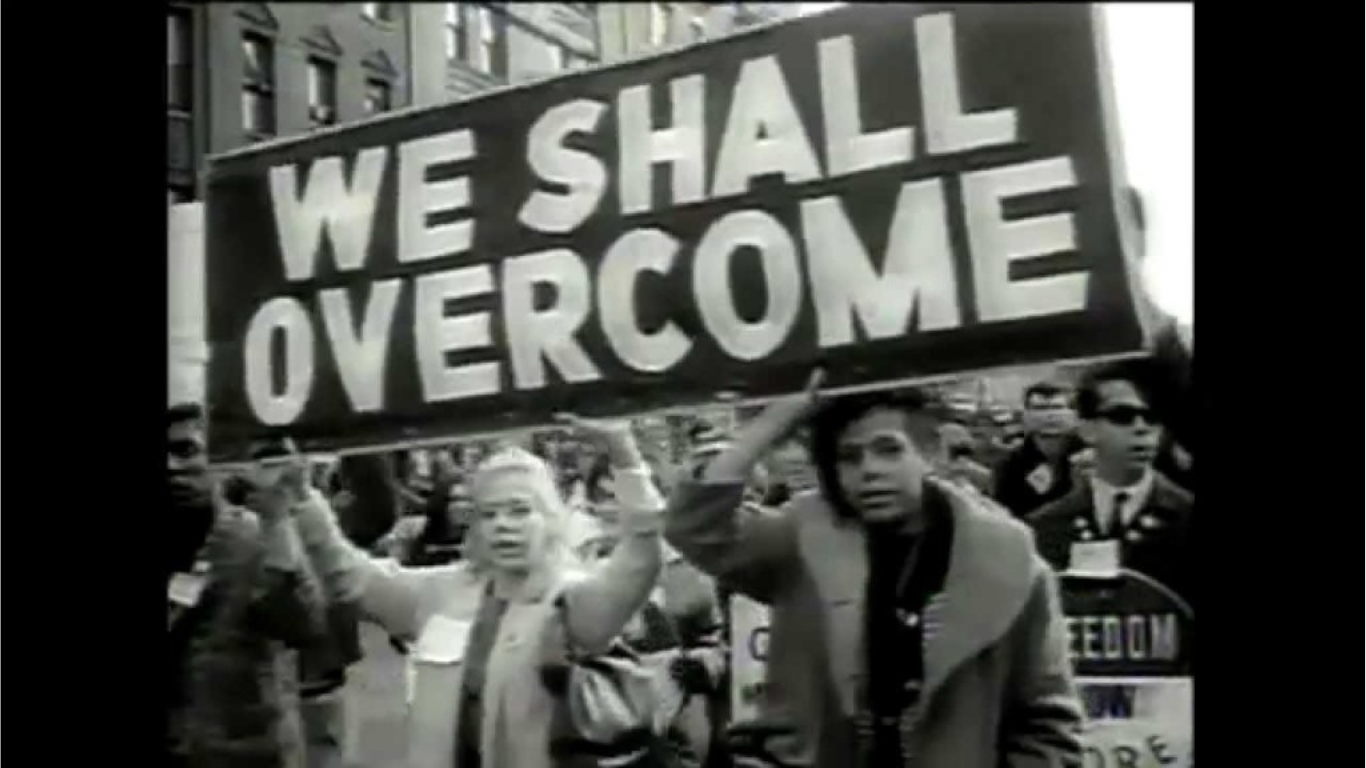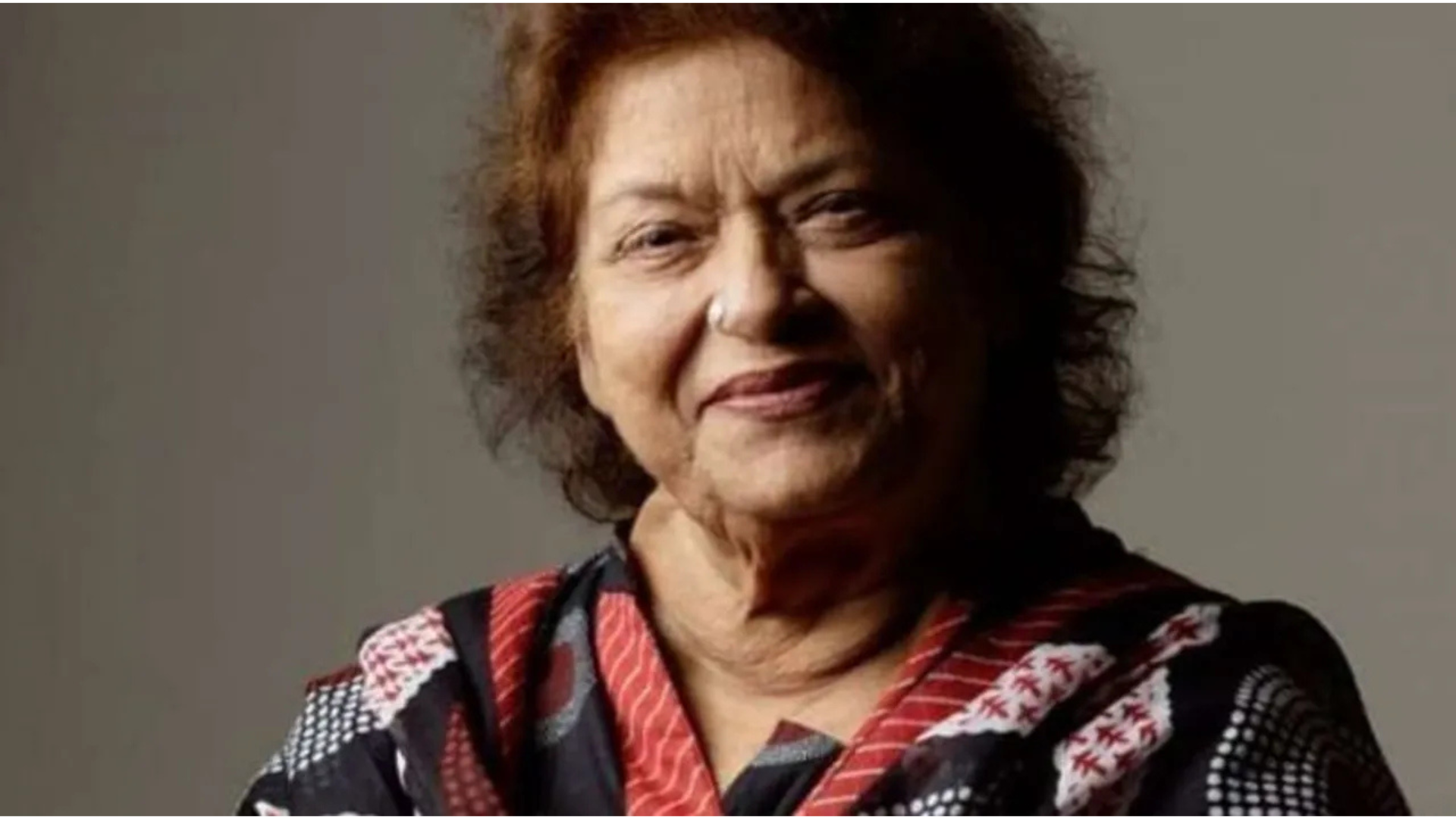Why 'We Shall Overcome' Still Matters Today

In the heart of the Civil Rights movement, a humble gospel hymn, "We Shall Overcome," transformed into a beacon of hope and resilience.
This song had its beginnings as a work song sung by slaves laboring in the fields.
It carried a promise: "We shall overcome someday. Deep in my heart, I do believe." This powerful refrain would go on to define an era of struggle and progress.
The song's evolution began in 1901 when a Methodist minister named Charles Albert Tindley published a version titled "I'll Overcome Someday."
Tindley, the son of a former slave, had a remarkable journey of his own, from laboring alongside slaves to becoming a respected minister in Philadelphia.
The first political use of the song took place in 1945 during a strike in Charleston, South Carolina, where workers demanded better wages. It was here that the lyrics shifted from "I" to "We."
"We Shall Overcome" resonated far beyond American borders. Joan Baez's rendition during the Civil Rights March on Washington in 1963 symbolized the song's role in the movement.
President Lyndon B. Johnson adopted the phrase in his 1965 address to Congress, promising to overcome racism and segregation.
Senator Robert F. Kennedy's leadership in singing the song in South Africa in 1966 demonstrated its global reach. The song became a symbol of unity and determination.
In his final sermon in 1968, Dr. Martin Luther King Jr. invoked "We Shall Overcome" to convey a message of hope and justice. He believed in the bending arc of the moral universe and the eventual triumph of truth over lies.
In every note and every verse, "We Shall Overcome" carries the voices and dreams of countless individuals who believed that change was not only possible but inevitable.
The song's journey continues, echoing through time as a beacon of inspiration for future generations in their own struggles for justice and equality.
Read More: The Phenomenon Of One Hit Wonders






Comments